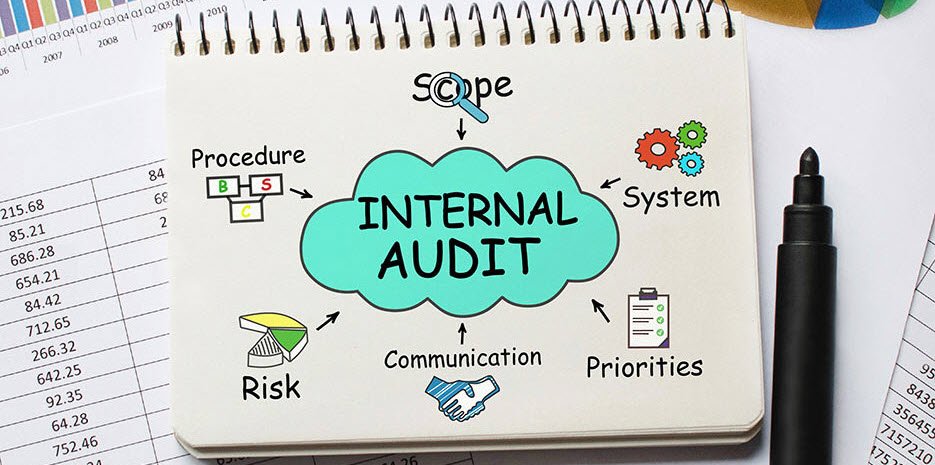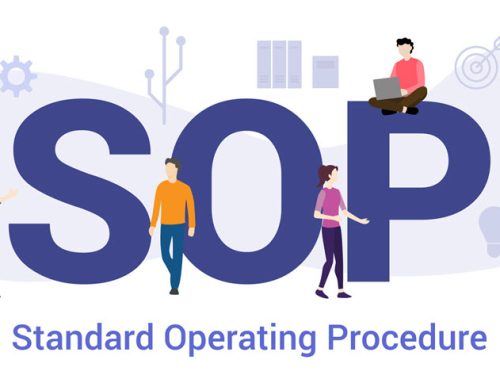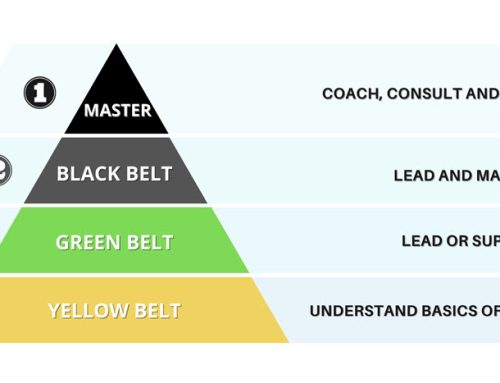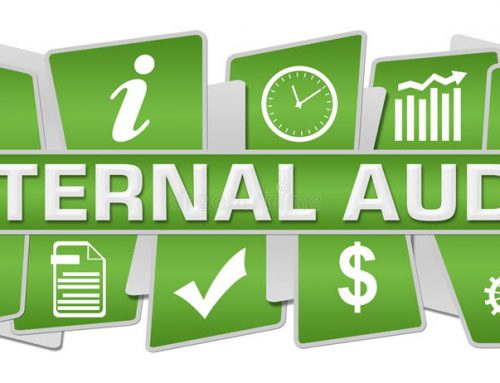An auditor having a professional certification from a registered institute is known as a Certified Internal Auditor (CIA). The internationally recognized institute for this certification is The Institute of Internal Auditor that has more than 175,000 members and is acceptable worldwide. If a person wants to pursue their career as an internal auditor, then to become a certified internal auditor is the major step towards their dream. This certification brings along a wide range of new opportunities and respect for the auditors. It also makes them able to handle new responsibilities.
Not to mention, the auditing career is raised to a higher level with this certification. It helps the auditor to prove and explain that they are experts in their work and understand the exact requirements of their clients. Certified internal auditors are experts that play an important role in providing controlled atmosphere to their business clients and handle uncertainties that hinder the achievement of their goals.
Reasons of Becoming a Certified Internal Auditor
A lot of hard work and minacious certification exam is required for becoming a certified internal auditor. Anyhow, the opportunities and advantages that accompany this prestigious title worth all the hard work and sacrifices made. Following are a few of many reasons of why one should become a certified internal auditor:
- Now a days there are many internal auditors who are not certified and do not have much expertise but still working in the field. This certification distinguishes CIAs from such non certified personnel and proves their abilities and skills. Thus it enhances their credibility and respect.
- The Certified internal auditors earn 40% higher salary than those without certification. Also the CIAs are hired more quickly and get promotions early in their job as compared to non-certified internal auditors.
- In today’s growing competition, organizations lay great emphasis on quality so they need best results when it comes to compliance. Therefore, many organizations prefer certified internal auditors over those who are without this prestigious title.
- This prestigious title in your resume is all what you need to stand out from a pile of resumes. This title proves that you are a professional and you have immense ability to handle this responsibility.
Becoming a Certified Internal Auditor (CIA)
Educational Requirements
To apply for the certified internal auditor examination one needs to fulfil the educational as well as work experience requirements as set by the Institute of Internal Auditors (IIA). It is necessary for the candidate to have a higher degree of three to four years or at least an associate degree to register for CIA exam. It is not mandatory to have a higher degree in some particular field. It can be in any field like applied science, health care or business etc.
Work Experience Requirements
The work experience requirement for the exam is based on the maximum education of the candidate. It is usually important to have an experience as an internal auditor. However, in some conditions, candidates having experience in relative areas such as external auditing, quality control, quality assurance and compliance can also apply for the exam.
Character Certificate
Apart from the educational and work experience requirements, it is essential for the candidate to verify their professional and moral character. The character certificate should be issued by a CIA, CCSA, CRMA or the respective supervisor.
Examination
After all the requirements are fulfilled you can now apply for the examination. It is important for the candidate to get a review course of the examination to prepare them for the examination.
The exam is subdivided into 3 sets.
- Part 1 is called Internal Audit Basics. It comprises of 125 questions that need to be completed in 2 hours and 30 minutes. Topics for this part of the exam comprises of the basic internal control as well as risks.
- Part 2 is called Internal Audit Practice. It comprises of 100 questions to be completed in two hours. It consists on topics regarding management of internal audit functions, risks of frauds etc.
- Part 3 is called Internal Audit knowledge elements. It also comprises of 100 questions with time limit of two hours. Topics include financial management, risk management and business communication etc.






